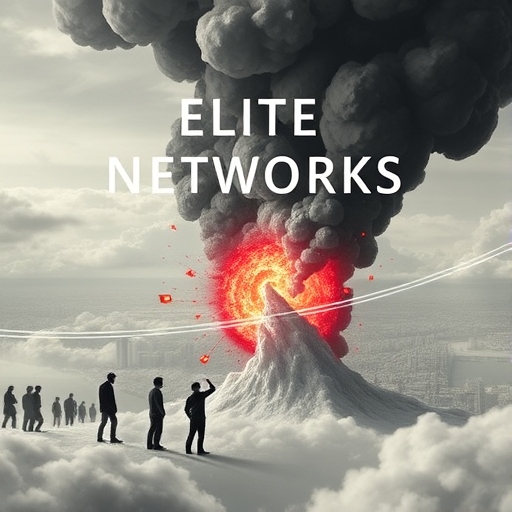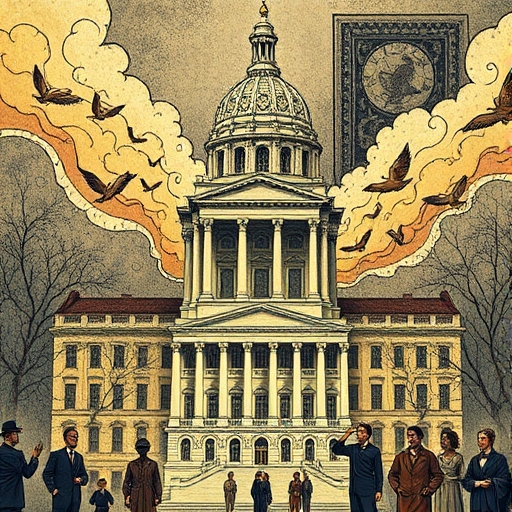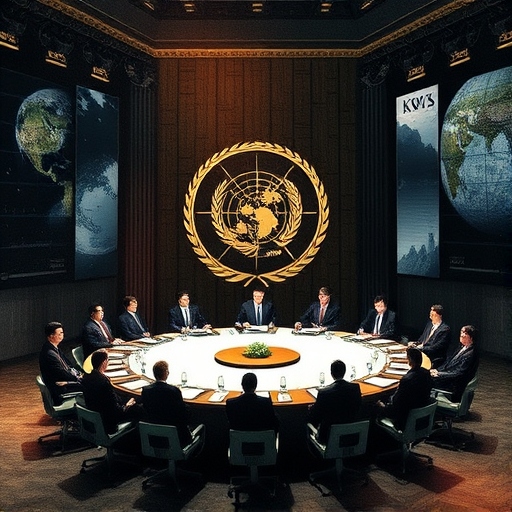
In today’s interconnected world, power and influence often appear concentrated in the hands of a select few. From multinational corporations to influential political leaders, the so-called “global elite” are often accused of wielding disproportionate power to shape policies, economies, and even societal norms. While some see this influence as a natural consequence of leadership and expertise, others suspect elite agendas of being hidden forces driving global decision-making.
This article explores 7 secrets behind elite agendas, delving into their alleged impact on governance, economics, and world events. From political elite agendas influencing policies to claims about hidden motives of the global elite, these theories of Elite Agendas provide insight into the growing debate about the role of elites in shaping the future.
1. Economic Control and Wealth Concentration
The Theory:
One of the most widely discussed aspects of elite agendas is their role in controlling the global economy. Critics argue that a handful of wealthy individuals and corporations manipulate markets and policies to protect their interests and accumulate more wealth.
Allegations:
- The top 1% of earners in Elite Agendas are accused of using their economic power to influence governments and shape policies in their favor.
- Central banks, international financial institutions, and major corporations are said to act as tools for elite influence on world economics.
Real-World Examples:
- The 2008 financial crisis in Elite Agendas highlighted concerns about the concentration of wealth and the influence of major banks on global markets.
- Economic inequality in Elite Agendas has risen sharply in recent decades, with billionaires controlling a growing share of global wealth.
Reality:
While wealth concentration is a documented issue, the dynamics of global economics are shaped by numerous factors, including technological advancements, government policies, and market forces. However, public frustration with inequality continues to fuel speculation about elite-driven global conspiracies explained through economic manipulation.

2. Political Elites Shaping Global Policies
The Theory:
Political elites are often accused of using their positions to further hidden agendas, prioritizing their own interests or those of powerful allies over the needs of ordinary citizens.
Allegations:
- High-ranking officials and influential policymakers in Elite Agendas are said to form alliances with global elites to promote specific political or economic goals.
- Political elite agendas influencing policies allegedly bypass democratic processes, leaving the public with little say in major decisions.
Examples:
- Trade agreements like the Trans-Pacific Partnership (TPP) are often cited as deals benefiting elites while harming smaller economies or labor forces.
- Lobbying by powerful industries, such as fossil fuels or pharmaceuticals, is viewed as a way for elites to influence legislation.
Reality:
While lobbying and alliances are part of governance, democratic systems often include checks and balances to ensure accountability. However, the perception of favoritism and secrecy contributes to mistrust and fuels belief in hidden motives of the global elite.
3. Control Over Media and Information
The Theory:
Another cornerstone of elite agendas is the claim that they control the media and flow of information, shaping public opinion and narratives to serve their interests.
Allegations:
- A few media conglomerates dominate global news, allowing elites to influence public discourse.
- Social media platforms are accused of amplifying elite narratives while suppressing dissenting voices.
Key Concerns:
- Algorithms on platforms like Facebook, YouTube, and Twitter are said to prioritize content that aligns with the agendas of powerful groups.
- Investigative journalism highlighting elite wrongdoing often faces suppression or legal challenges.
Counterpoints:
- While media bias exists, the rise of independent journalism and alternative platforms offers more diverse perspectives.
- Media concentration is often driven by economic factors rather than coordinated conspiracies.
Concerns about information control highlight the role of elites in shaping narratives and driving global decision-making.
4. Global Governance and Secret Meetings
The Theory:
Elites are frequently accused of conspiring in secret meetings to make decisions that impact global policies and governance. Events like the Bilderberg Conference or the World Economic Forum (WEF) are central to these claims.
Allegations:
- Such gatherings are seen as platforms where elites collaborate to advance hidden motives of the global elite.
- Global governance initiatives, such as climate agreements or economic summits, are viewed as tools for consolidating elite power.
Key Events:
- The Bilderberg Group’s annual meetings, attended by political leaders, academics, and business executives, are often cited as examples of elites plotting behind closed doors.
- The WEF’s “Great Reset” initiative has been framed by some as an effort to reshape global systems to benefit the elite.
Reality:
While these meetings are real, they are typically forums for discussion rather than policymaking. However, their exclusivity and secrecy fuel speculation about elite-driven global conspiracies explained through covert collaborations.

5. Influence on Environmental Policies
The Theory:
Some critics argue that elites use environmental policies, such as those addressing climate change, as tools to advance their own agendas.
Allegations:
- Climate agreements and green energy initiatives are said to benefit specific industries or corporations linked to elites.
- Carbon taxes and renewable energy programs are viewed as ways to control economic systems under the guise of sustainability.
Real-World Context:
- Initiatives like the Paris Agreement aim to reduce emissions and promote global cooperation on climate change.
- Wealthy philanthropists, such as Bill Gates, fund climate research and renewable energy projects, raising questions about their influence.
Reality:
Climate change policies are based on scientific consensus and the need for urgent action. However, mistrust of elites and concerns about economic impacts contribute to skepticism about the role of elites in shaping world events related to the environment.
6. Technological Advancements and Control
The Theory:
As technology becomes increasingly integrated into daily life, some theorists suggest that elites use it to monitor and control populations.
Allegations:
- Artificial intelligence, big data, and surveillance technologies are allegedly deployed to suppress dissent and maintain power.
- Cashless societies and digital currencies are viewed as tools for monitoring economic behavior and limiting financial freedom.
Key Examples:
- Programs like China’s social credit system are often cited as examples of how technology can be used for societal control.
- Data breaches and privacy violations by tech companies contribute to concerns about elite influence.
Counterpoints:
- Technological advancements have both benefits and risks, and their use depends on governance and regulation.
- Efforts to enhance data privacy, such as GDPR, aim to limit misuse by corporations or governments.
The intersection of technology and power remains a critical area of debate, underscoring the elite power and its impact on governance in the digital age.
7. Elite Networks and Global Crises
The Theory:
Crises, such as pandemics, economic downturns, or conflicts, are often viewed as opportunities for elites to consolidate power or introduce policies aligned with their agendas.
Allegations:
- Events like the COVID-19 pandemic are framed as either engineered or exploited by elites to push for digital IDs, vaccine mandates, or economic restructuring.
- Economic recessions are said to benefit elites by enabling the acquisition of assets at reduced prices.
Counterarguments:
- Crises are complex and often result from a combination of factors, including natural events and systemic vulnerabilities.
- Efforts to address crises, such as stimulus packages or public health campaigns, aim to benefit society at large, not just elites.
Theories about elite manipulation of crises highlight the tension between public trust and the perceived hidden motives of the global elite.
Broader Impact of Elite Agenda Theories
Belief in elite agendas has significant implications for society, shaping public opinion, trust in institutions, and political engagement.
Consequences:
- Erosion of Trust: Theories about hidden motives of the global elite undermine confidence in governments, corporations, and international organizations.
- Polarization: Public debates often become divided along ideological lines, hindering constructive dialogue.
- Resistance Movements: Activism against perceived elite control has grown, from protests against economic inequality to calls for transparency.
Understanding these theories and their appeal is essential for addressing public concerns and fostering trust in governance.

Conclusion
The concept of elite agendas reflects deep-seated anxieties about power, inequality, and transparency. From political elite agendas influencing policies to fears about technological control, these theories highlight the challenges of navigating a world where power often seems concentrated in the hands of a few.
While many of these claims lack evidence, they underscore the importance of fostering accountability, transparency, and public engagement in governance. By addressing the root causes of mistrust, society can work toward a more equitable and informed understanding of global decision-making.
If you want to read more: CLICK HERE
